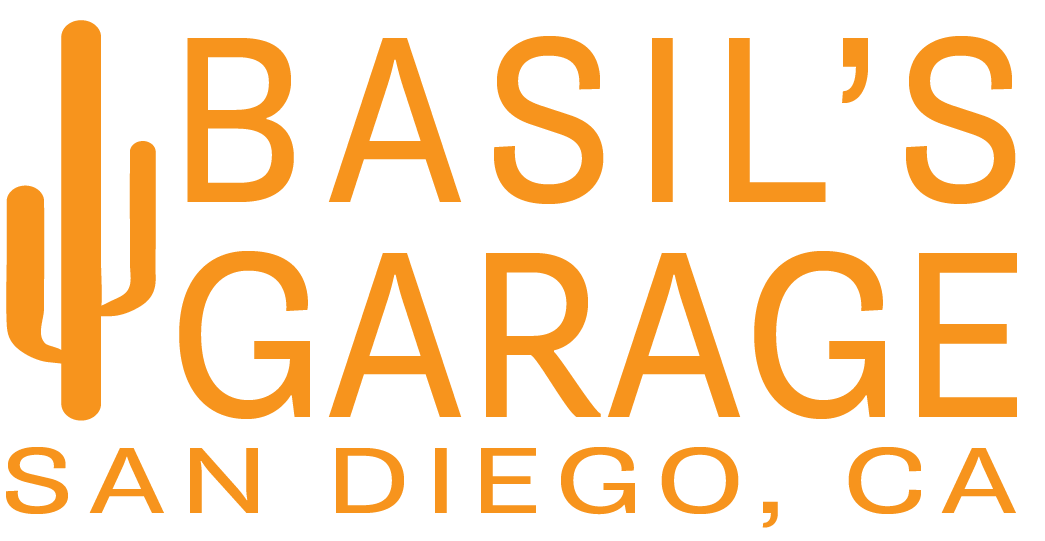PRiSM housing design app: transforming residential design
If we issue the same design intent multiple times but continue to detail it in slightly different ways, the result is lots of slightly different projects, all with different supply chains.
The UK prisons rollout is reporting dramatic reductions in delivery schedule with much improved certainty on just the second project to use this approach..However, in other cases, where assets need to respond to site constraints and/or business needs, then the ability to adapt a Reference Design is critical to its usefulness.

We have seen clients who already have Reference Designs (also called template designs).However, with no rules for how to adapt this Reference Design to local sites, the delivery teams can end up unravelling it and are back with new designs..Many, if not most clients, need designs that can respond to unique sites and needs e.g.

for a healthcare facility the design needs to be flexible to accommodate specific clinical specialisms and the demographics of a particular region..So how can a Reference Design both standardise a design, yet leave enough flexibility to adapt it to any given brief?.

Designing flexible Reference Designs.
In Reference Design, we create a core design of the most common of our clients’ facility type using a process of rationalisation, optimisation and standardisation.These revolve around the use of either an owned or distributed model.
The former focuses on ownership of the whole integration chain, the whole vertical delivery model.In this instance, a player owns the factories and designs, pushing out what’s required for the kit-of-parts to consultants, and achieving an output that way.
On the other hand, some contractors don’t want to tell others how to innovate and would prefer to let the innovation ride.They’re looking for ways to bring all of that information together digitally, aiming to get the best out of the innovative companies who are pursuing ways to be smarter all of the time.. Will geography limit DfMA in Australia?.
